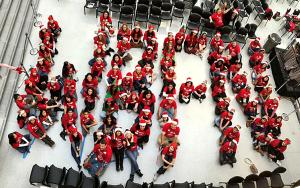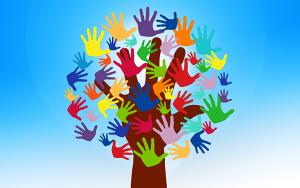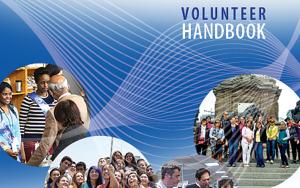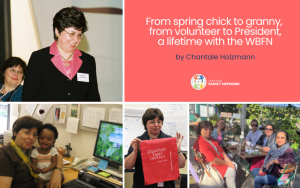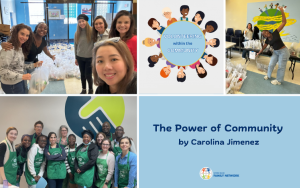
By Ruth Van Reken
An interesting question has come out of Covid times: Are third culture kids (TCKs)—children who accompany parents into another culture due to a parent’s job—better able to cope with the interrupted life situations we have all faced during Covid? Do their frequent good-byes throughout life make them more resilient now with all the changes everyone has faced? Some expat coaches were suggesting that TCKs are more equipped as they up and go without turning a hair? We asked Ruth Van Reken, co-author of Third Culture Kids for her take on this.
How does the TCK experience interface with this reality?
Bottom line it means for those who understood (and understand) the normal transition process and recognized they were suddenly in this most difficult of all stage, they could begin to find strategies to cope in healthy ways with what they were experiencing rather than pulling a curtain down on the past with no processing of the losses or being caught in what easily felt like overwhelming sadness some days and unexplainable bursts of anger on other days. What were some of those strategies?
- Remembering that in any change and transition, there is loss as well as potential gain. Loss results in grief of some degree.
- Realizing grief, whether recognized or not, will be expressed in some way. If not directly, it often comes out as denial, angry outbursts, or even depression.
- Recognizing behavior may be masking the grief. When those feelings come, rather than being upset with yourself or others in the family, take the opportunity to consider what is behind them.
- Understanding the losses, per se, are not the problem but not dealing with those losses can result in unresolved grief. When that happens, there can be long term results such as low grade depression or an easily angered person for years to come.
- Choosing to apply what they have learned about dealing with these losses well during in ‘normal transition’ to this time of Covid.
How do we deal with this hidden as well as overt losses in our lives constructively, so they do not haunt for a long time…no matter when they come?
First, we need to name what we have lost. Often making a list can be helpful for us to see on paper the things and people and places we are missing. Consider such things as your former lifestyle (a big one in Covid days!). How life used to be is no longer how it is now. Often there is a dream we have lost…the dream of how life was going to be in some way. Perhaps it is the sense of knowing your role in the last place and now feeling at a loss for how or where you will function best.
Second, we have to give ourselves and others permission to feel and work with this loss. Too often the losses seem too small—particularly if they are someone else’s losses! We compare ourselves to others who have at least overtly lost more, or we think of all the good we still have, or why we are in a career that takes us to many places and try to talk ourselves out of the grief. We forget the importance of living in paradox…that we can both be glad for all the good while missing all the things and people we have loved and lost.
Third, we have to remember there is a time factor in mourning. When someone dies, we realize there is a time needed for the loved ones to process that loss. Have patience with yourself and others in the process.
Fourth, we need to comfort ourselves and others before we try to encourage. Comfort acknowledges the loss and stands with another person in it. Encouragement is another way we take away permission but trying to push someone ahead too fast or trying to emphasize the good that will come before we acknowledge the loss.
For example, Covid caught many families in the midst of their relocation or at other times of natural disaster, coups. When there has been no way to properly say goodbye, we can do it retrospectively. Whether through zoom, email, gifts, or to still go back and say “thank you” for who you were in my life while I was there. Perhaps we can make a collage or picture album of the places we visited and loved on the last assignment. Some may order a sweatshirt with their former schools’ insignia on it so they can proudly declare this connection to others…
So are TCKs better equipped to handle Covid than others? Only and only If they have developed the skill sets to understand and manage the process of transition; even if there was no physical mobility, the internal process of moving from a world of freedom to a world filled with new rules and restrictions IS, in fact, something they are familiar with and they can draw upon what they have learned with physical mobility to apply to this event.

